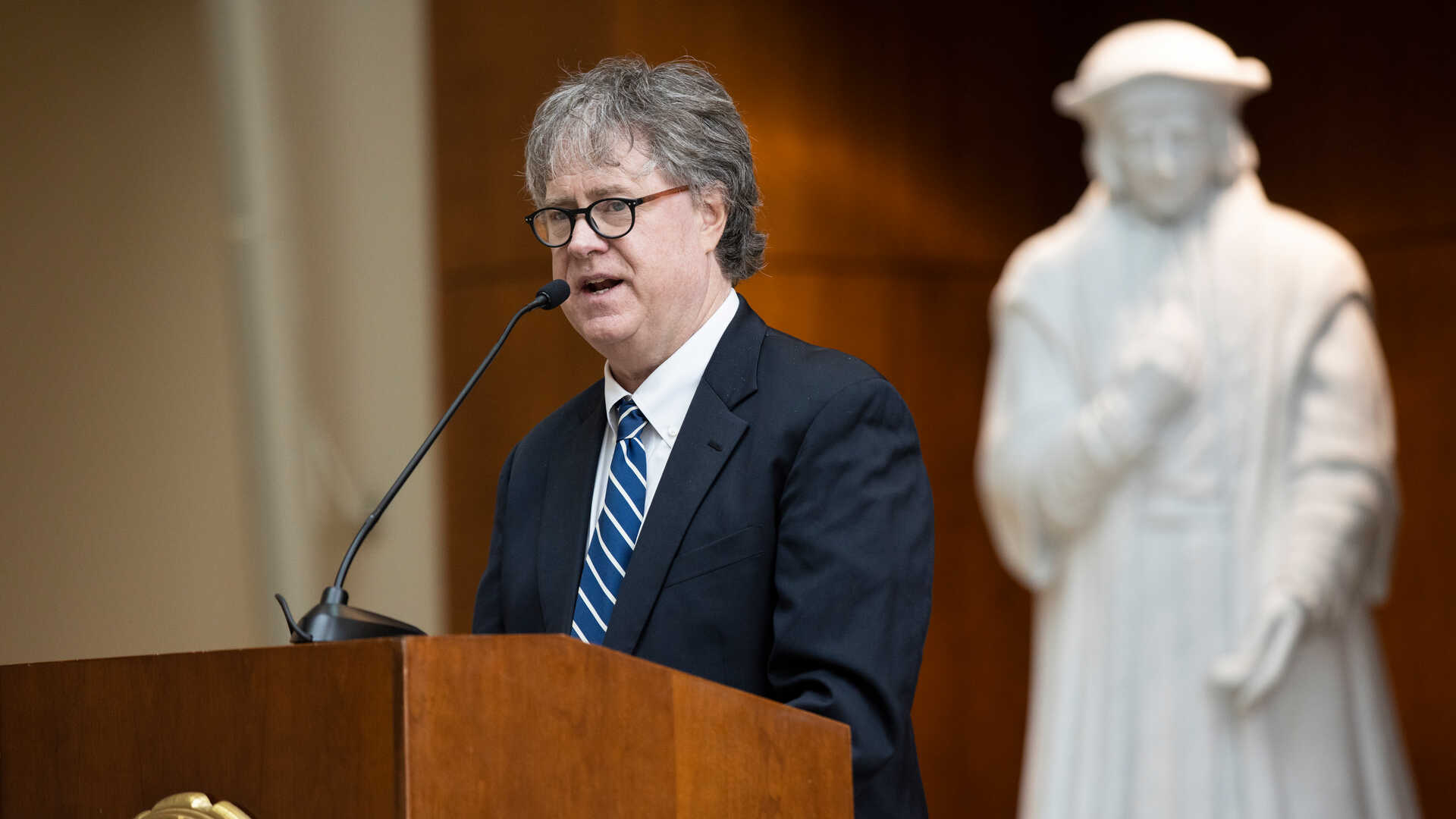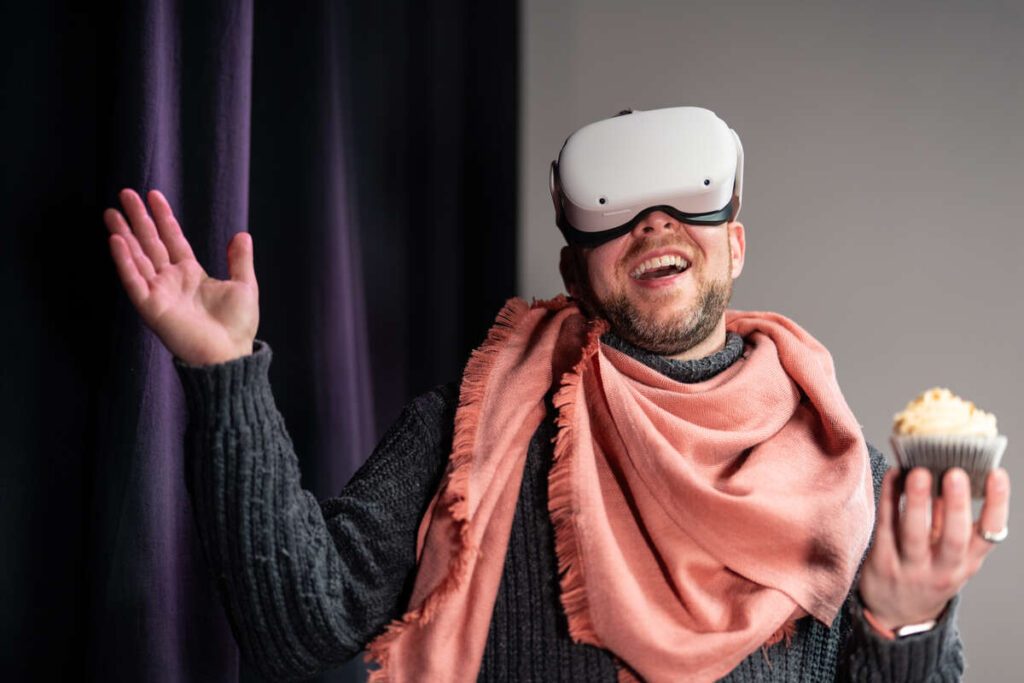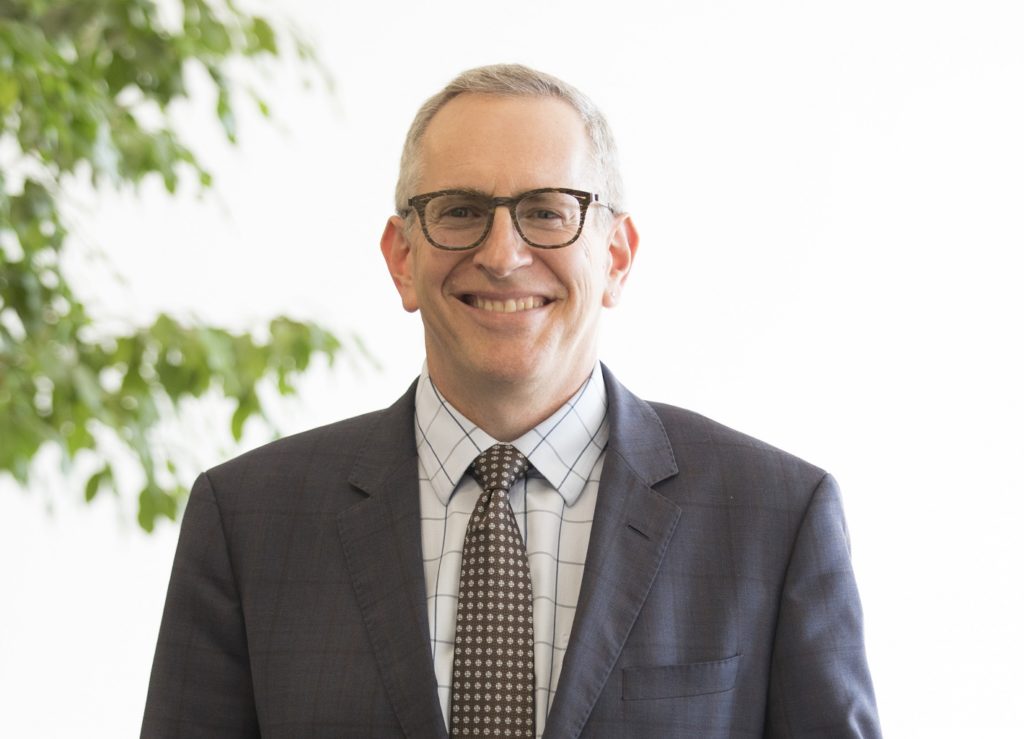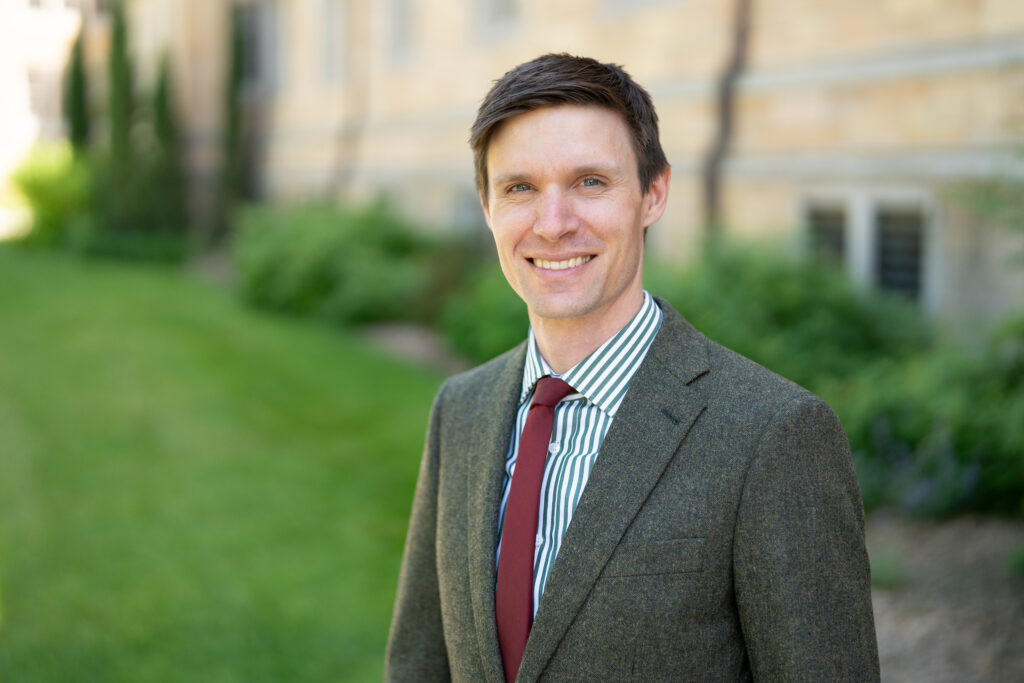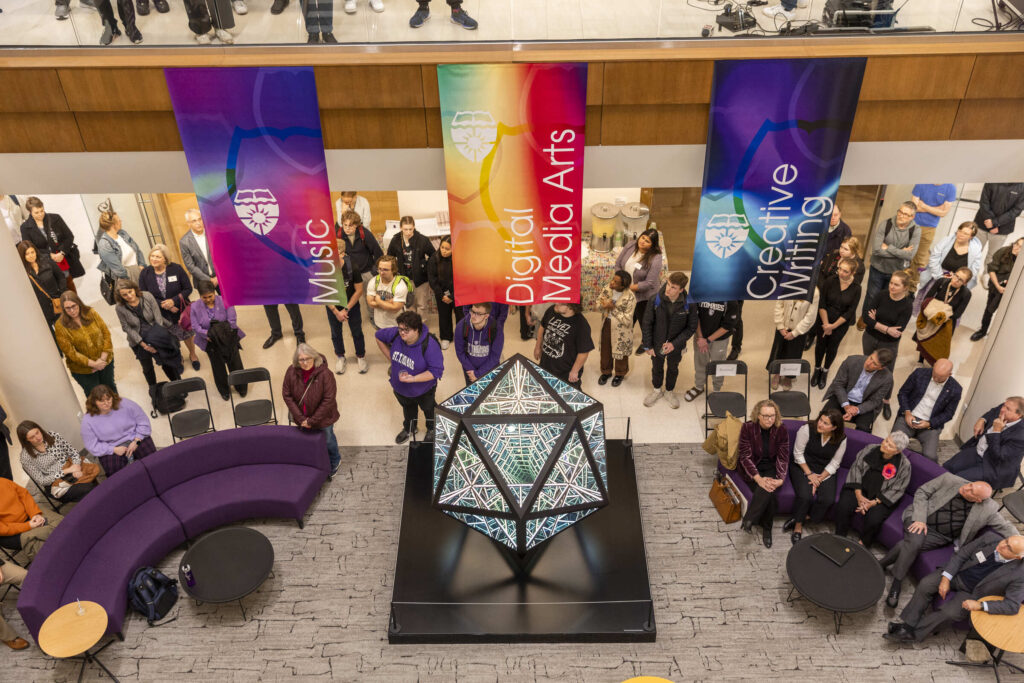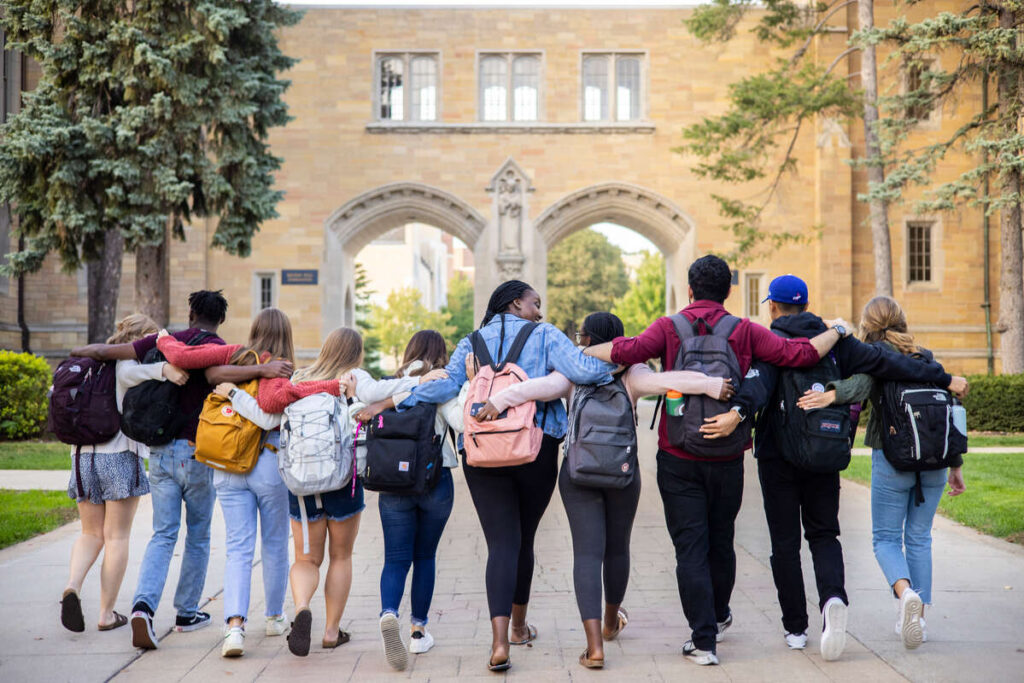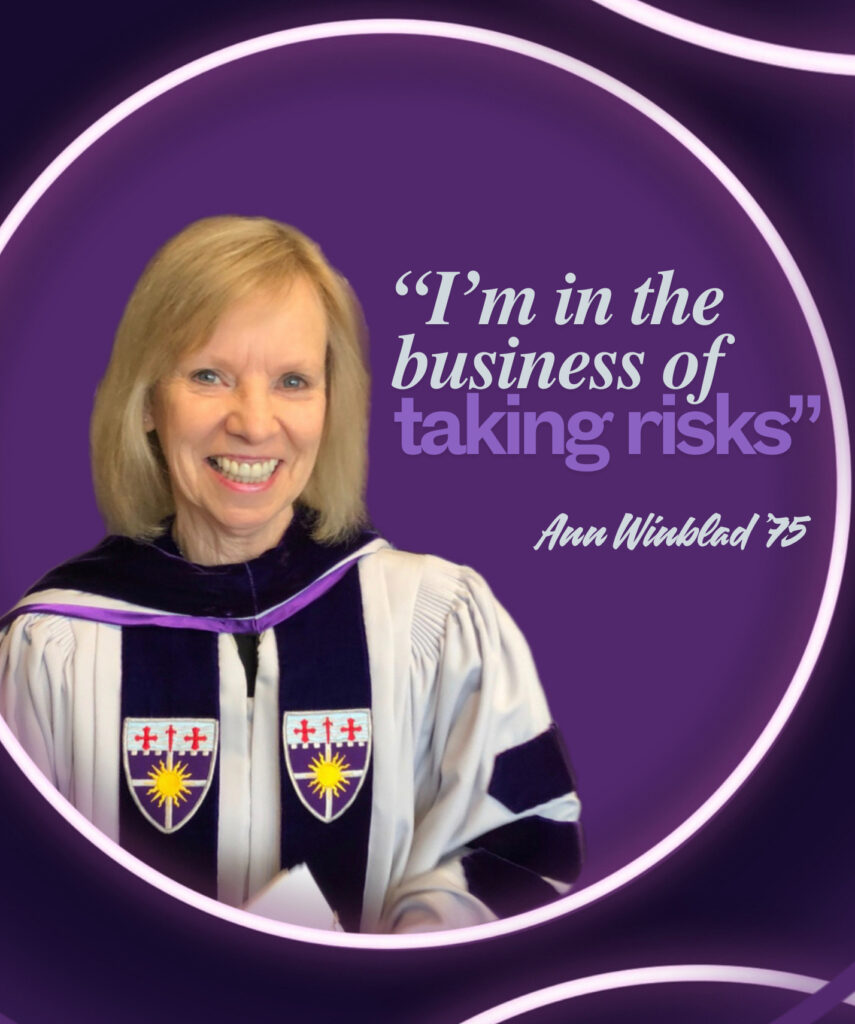Mark Osler, law professor at the University of St. Thomas School of Law, recently spoke with The Christian Science Monitor explaining Trump’s power to pardon Jan. 6 defendants, highlighting its legality, potential controversy, and historical significance.

From the story:
For millions of Americans, Donald Trump’s election victory was a cause for celebration. But for a select group, it meant even more: the prospect of legal reprieve.
When Mr. Trump ascends the Capitol steps in late January for his second inauguration, he will be standing where thousands of his supporters violently stormed the building four years prior. Protesting what he claimed was a “steal” of the 2020 election – without conclusive evidence of fraud that could have swayed the outcome – Mr. Trump’s supporters attacked police officers, smashed windows, and ransacked congressional offices, trying to keep him in office. ...
As he campaigned for a second term, Mr. Trump promised to pardon at least some of these Jan. 6 defendants. After he secured victory, those followers celebrated not just his triumph, but also the prospect of their own freedom. ...
The presidential pardon power is broad. Article 2 of the Constitution says the president can “grant Reprieves and Pardons for Offences against the United States, except in Cases of Impeachment.” Perhaps the most famous presidential pardon came when Gerald Ford pardoned Richard Nixon after the Watergate scandal.
“There aren’t really restrictions,” says Mark Osler, a University of St. Thomas School of Law professor.
“You can take issue with the morality of it, the policy of it, but not that he has the power to do it,” he adds. ...
President Jimmy Carter, who in 1977 fulfilled a campaign promise by pardoning hundreds of thousands of men who evaded the Vietnam War draft, is believed to be the only other president to make such a promise.
“We don’t see presidents talk about using the pardon power before they take office,” says Professor Osler. “It’s a very unusual promise to make,” he adds. “We’ll see how that plays out.”
